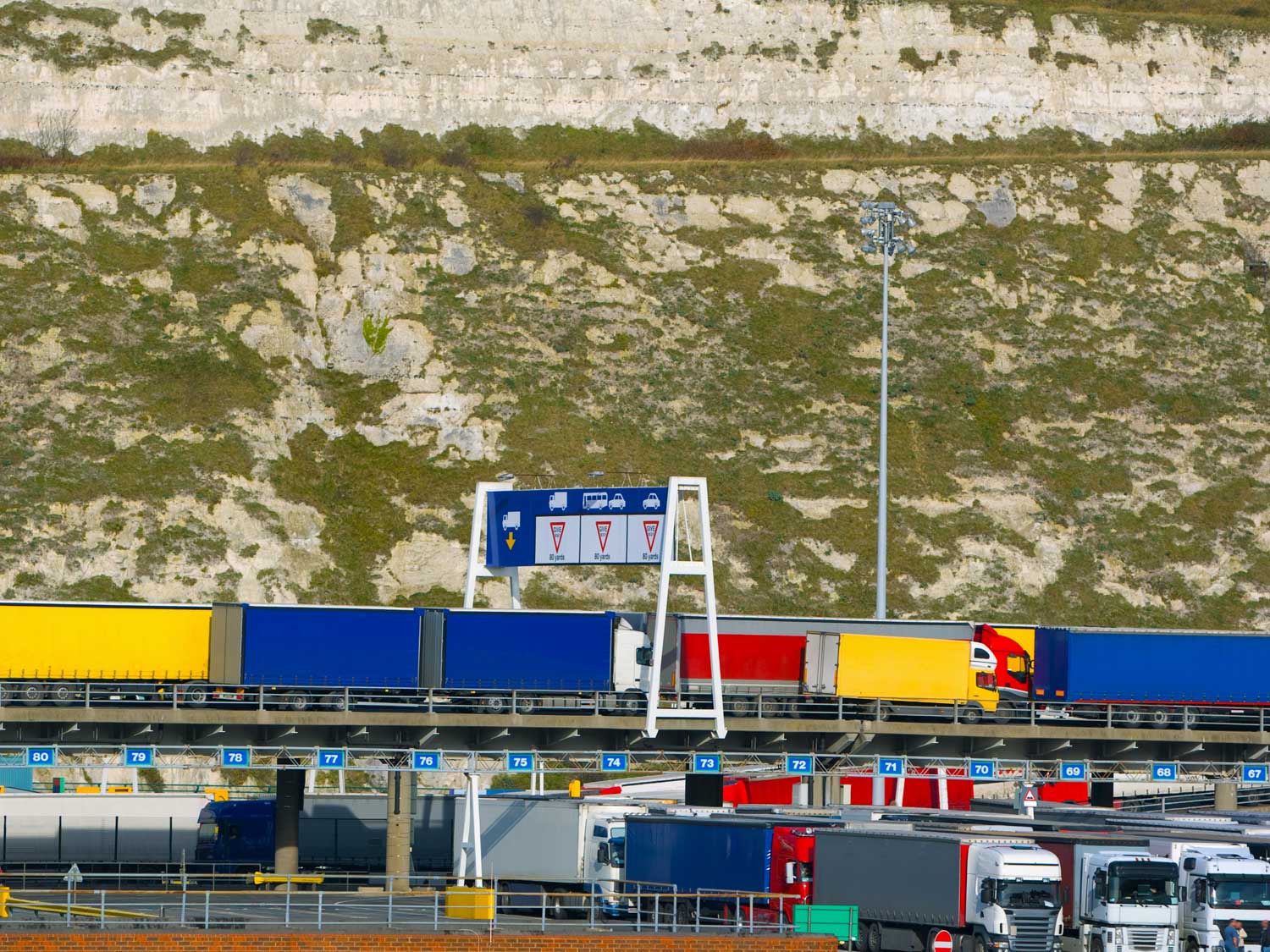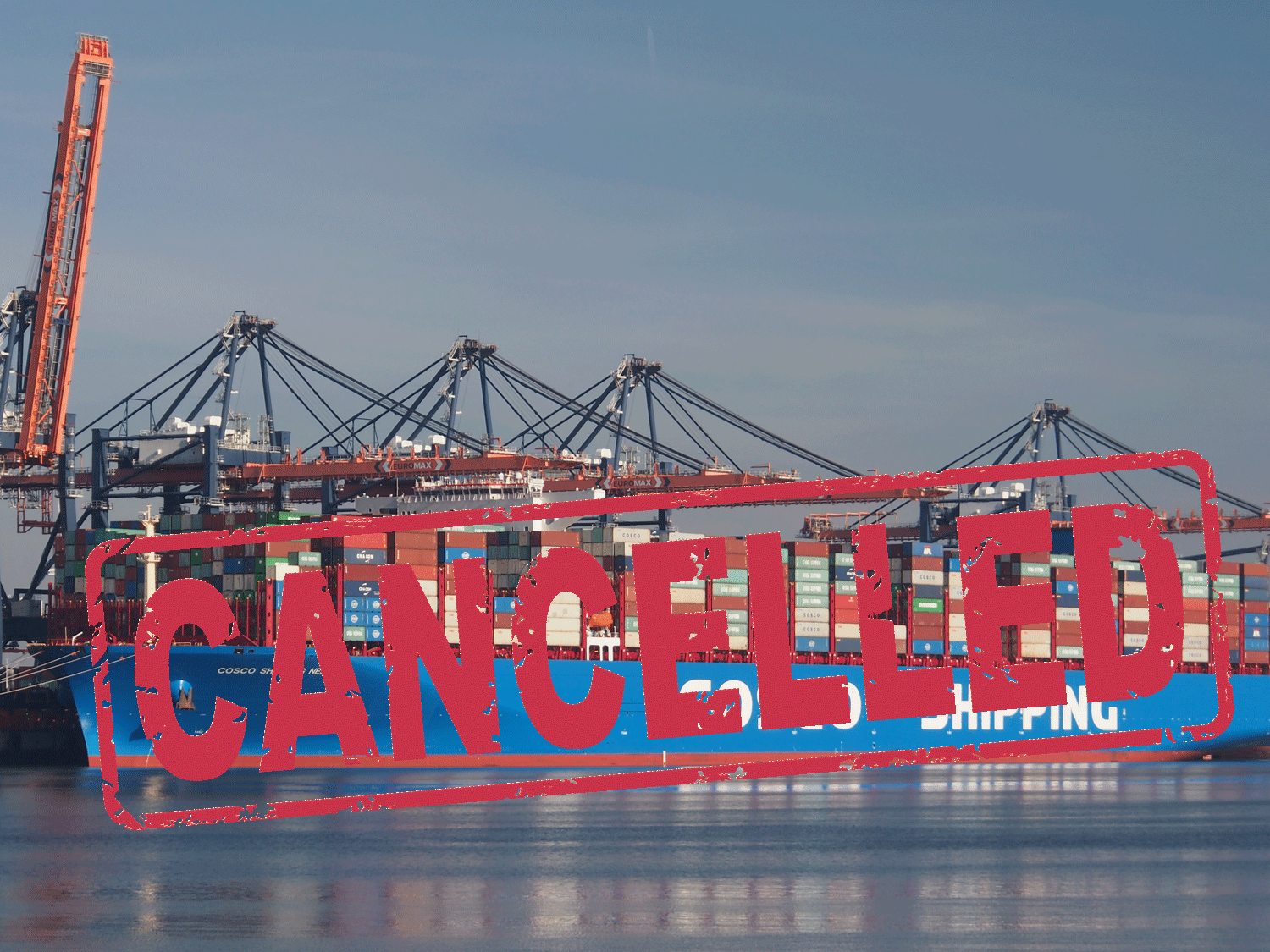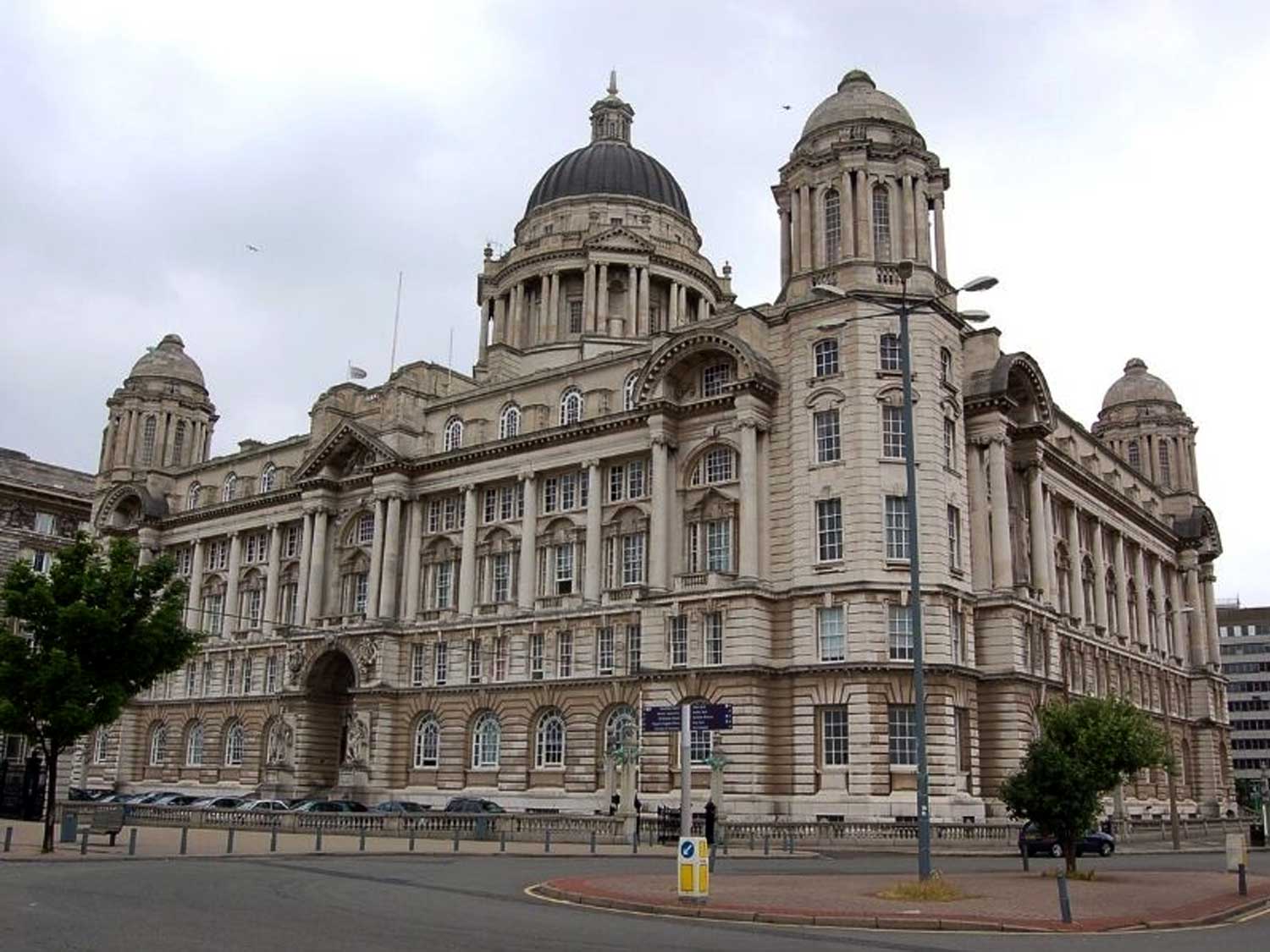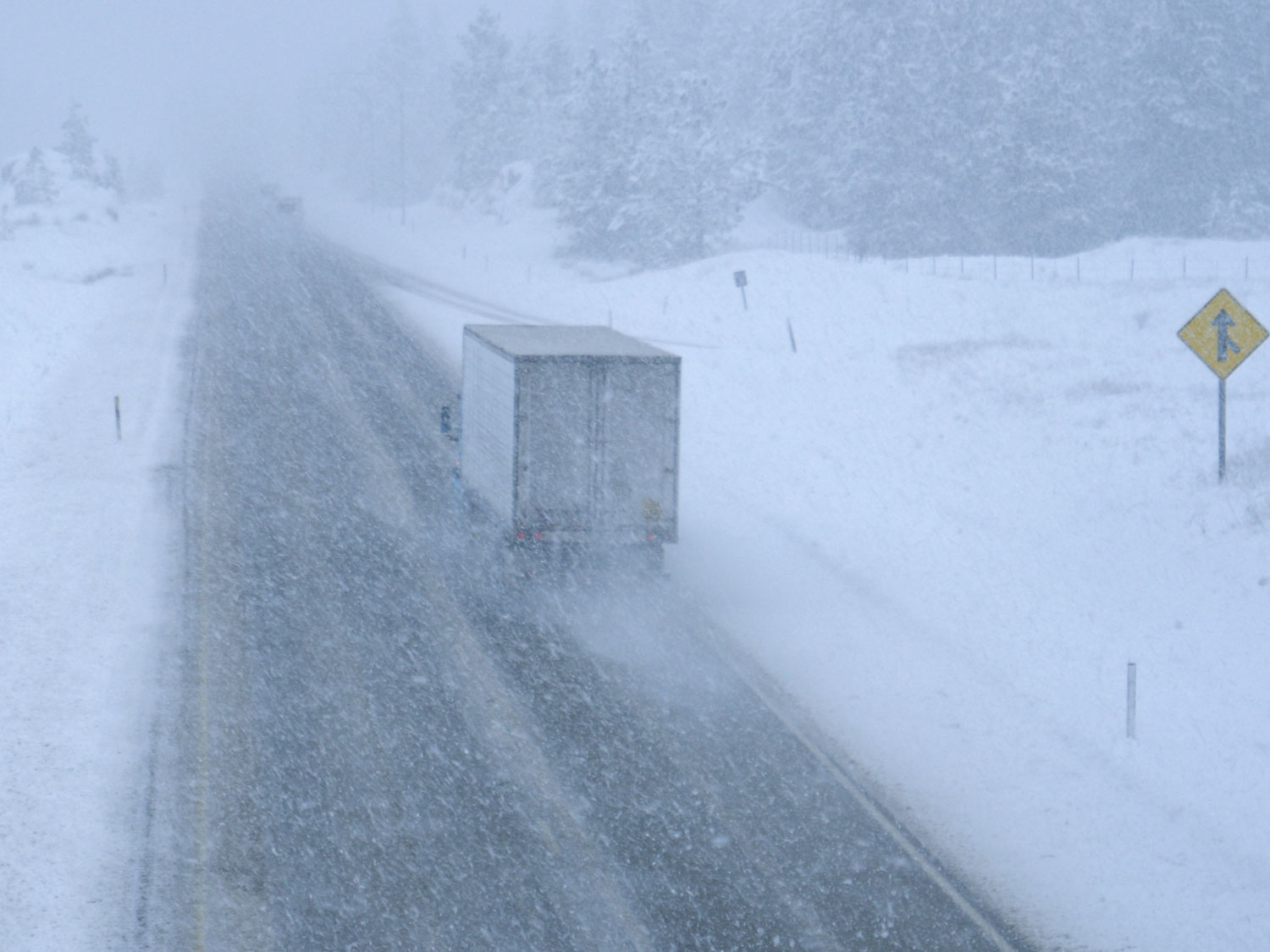France will withdraw Regime 42 from 1 January 2026, removing the VAT simplification that currently allows goods to enter France without import VAT when they are destined for another EU member state.
The ending of Regime 42 has attracted little publicity, but it will directly affect UK exporters shipping on DDP terms through the primary Dover–Calais Channel crossing.
Under DDP, the UK exporter is responsible for EU import formalities. Once Regime 42 is removed, any DDP shipment entering France will require French import VAT accounting, unless the exporter holds a French VAT registration. For many businesses, this introduces new administrative steps and potential cash-flow exposure.
Some exporters may look to reroute via alternative EU entry points, like Belgium or the Netherlands, where Regime 42 will continue. However, the Dover–Calais corridor remains the fastest, most reliable and most cost-efficient route into mainland Europe.
Diverting freight via Belgian or Dutch ports will inevitably add cost, extend transit times and risk congestion if volumes surge.
To ensure continuity, Metro can support exporters with three practical solutions:
- T1 Transit Solution
Goods can transit France under a T1, avoiding the need to pay French import VAT. Clearance takes place at the final EU destination, maintaining full route flexibility. - French VAT Registration and Returns
For exporters wishing to continue using Dover–Calais without a transit procedure, Metro can arrange and manage French VAT registration and periodic returns. - Routing via alternative port pairs
Where customers prefer to use Dutch or Belgian ports to retain Regime 42 benefits, Metro can support and coordinate these routings through established carrier and agent networks.
For many DDP exporters, the T1 transit route or French VAT registration, supported by Metro, will offer the best combination of compliance, speed and cost-efficiency.
Exporters should review their EU import arrangements early to ensure seamless operations ahead of January 2026.
Metro’s customs and compliance specialists are working with exporting customers to identify exposure, adapt procedures, and ensure every movement remains compliant and cost-efficient under the new rules.
EMAIL Andrew Smith, Managing Director, to discuss how we can help safeguard your European exports and keep your goods flowing smoothly through the transition.
Upcoming Metro Webinar: Essential Customs Changes for 2026
To help businesses prepare for these and other major regulatory shifts, Metro’s customs specialists will host a one-hour webinar in December.
Webinar Title
Avoid EU Border Disruption in 2026: The Key Customs Changes and How to Prepare Now
What We’ll Cover
A focused, practical review of:
- ICS2 and the new GB ENS requirements
- The end of Regime 42 in France: who is affected and what to do
- French Douane ELO rules and their impact on all French port traffic
- EUDR, CBAM and the UK’s expected approach
- 2026 trade agreements and anticipated regulatory changes
- Accessing CDS data free of charge
- De minimis rule changes and the end of low-value relief
- Compliance requirements for 2026 – what they mean in real terms
5 December @ 11:00 AM (1 hour) – CLICK TO BOOK
Exporters, importers and supply chain managers are strongly encouraged to attend. This session provides clarity on the border changes that will define 2026, and the actions businesses need to take now to stay compliant and competitive.





